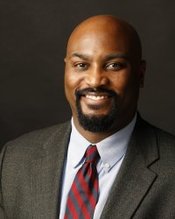Thank you for visiting Biola’s Center for Christian Thought. This site is not being updated on a regular basis while we are developing new projects for the future. In the meantime, please continue to enjoy the videos, podcasts and articles currently available on the site.
Resilience: Growing Stronger Through Struggle
Thursday, September 21
Biola University Center for Christian Thought
This 2017 conference explored the mystery and meaning of suffering in human life. We spent two evenings together listening to psychologists, theologians, philosophers, and other scholars discuss the possibilities of finding meaning and redemption in, through, and beyond suffering.
Some people are undone by suffering. Others are made stronger. Still others flourish in it.
This 2017 conference explored the mystery and meaning of suffering in human life. We spent two evenings together listening to psychologists, theologians, philosophers, and other scholars discuss the possibilities of finding meaning and redemption in, through, and beyond suffering.
Schedule at-a-Glance
(For full talk summaries and speaker bios, see below.)
Thursday Night / September 21 / 6pm–9:30pm
Tim Muehlhoff (Biola University)—Scorching Words: Conversations that Cause Us to Suffer
Miguel De La Torre (Iliff School of Theology)—Struggle and Hopelessness: Responding to Oppression and Embracing Hopelessness
Kelly Kapic (Covenant College)—Can I Get a Witness: Our Pain and God’s Presence
Eranda Jayawickreme (Wake Forest University)—Making Sense of Suffering: The Psychology of Post-Traumatic Growth
J. Kameron Carter (Duke Divinity School)—Christianity’s Postracial Blues (On Charlottesville and More)
Eleonore Stump (St. Louis University)—Heartbrokenness and the Problem of Suffering: The Story of Mary of Bethany
Friday Night / September 22 / 6pm–9:30pm
Elizabeth Hall (Biola University)—Suffering in God’s Presence: The Role of Lament in Transformation
Jessica Hooten Wilson (John Brown University)—Flannery O’Connor and the Call to Suffering
Juan Floyd-Thomas (Vanderbilt Divinity School)—The Pain of Being Your Own Worst Enemy: Race, Religion, and the Spiritual Crisis of White Supremacy in Contemporary America
Stacey Floyd-Thomas (Vanderbilt Divinity School)—That We May Dare to Suffer: The Moral Muster and Theological Urgency of Human Flourishing
Miroslav Volf (Yale Divinity School)—Vanquishing Suffering: Apostle Paul and the Victory Over Suffering
Speakers, Talks, and Schedule
Thursday Night / September 21, 2017 / 6pm-9:30pm
Eleonore Stump
Heartbrokenness and the Problem of Suffering: The Story of Mary of Bethany
Mary of Bethany is an exemplar of a person who suffers heartbreak, if the New Testament story of the raising of Lazarus—in which she and her sister Martha figure largely—is understood in a certain way. This lecture focuses on the problem of suffering in connection with the desires of the heart and heartbreak. It shows the way in which, in the narrative, suffering is redeemed in second-personal relationship.
Eleonore Stump is the Robert J. Henle Professor of Philosophy at Saint Louis University, where she has taught since 1992. She is also Honorary Professor at Wuhan University and at the Logos Institute, St.Andrews, and she is a Professorial Fellow at Australian Catholic University. She has published extensively in philosophy of religion, contemporary metaphysics, and medieval philosophy. Her books include her major study Aquinas (Routledge, 2003) and her extensive treatment of the problem of evil, Wandering in Darkness: Narrative and the Problem of Suffering (Oxford, 2010). She has given the Gifford Lectures (Aberdeen, 2003), the Wilde lectures (Oxford, 2006), the Stewart lectures (Princeton, 2009), and the Stanton lectures (Cambridge, 2018). She is past president of the Society of Christian Philosophers, the American Catholic Philosophical Association, and the American Philosophical Association, Central Division; and she is a member of the American Academy of Arts and Sciences.
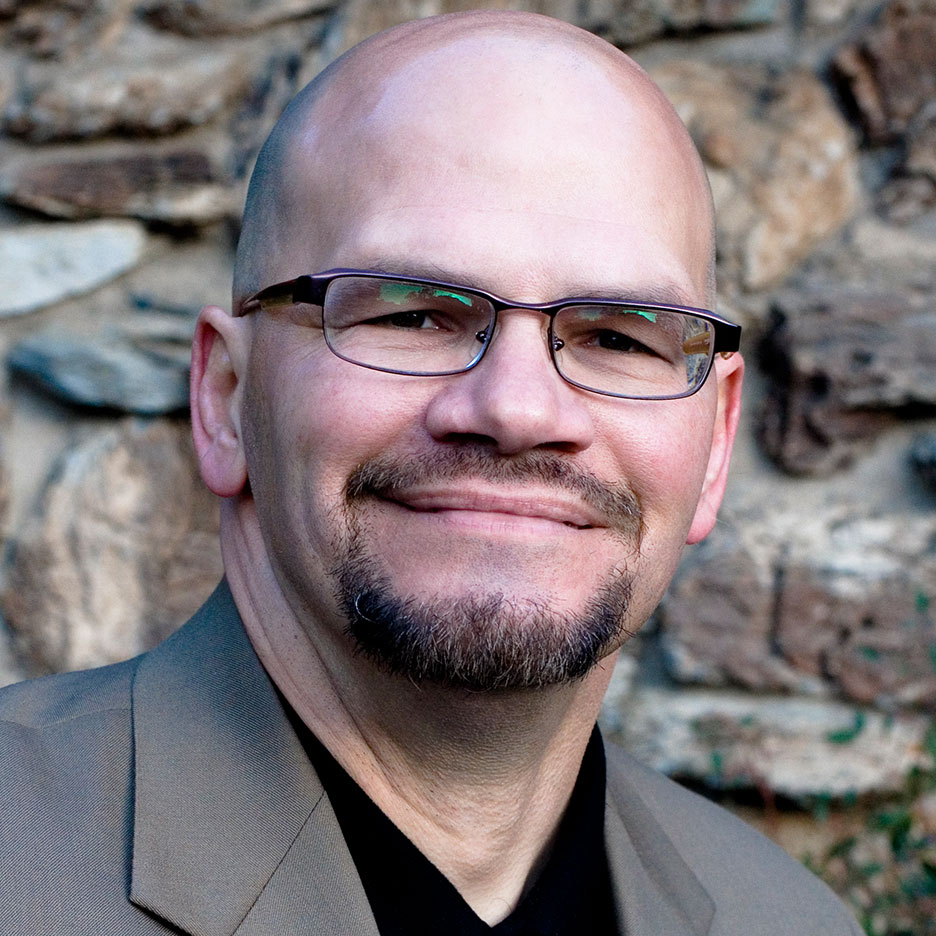
Tim Meuhlhoff
Scorching Words: Conversations that Cause Us to Suffer
Utilizing vivid metaphors, the ancient writers of the book of Proverbs strive to describe the devastating power of words. “Reckless words” are presented as a “piercing sword” (12:18). A word, spoken in the wrong way, can “break a bone” (25:15). A person’s spirit is easily crushed by a deceitful tongue (15:4). The intensity of a person’s speech is like a “scorching fire” (16:27). Tragically, negative words can even separate close friends (16:28). Those of us who have experienced scorching words directed at us understand the emotional, psychological, and physical suffering that follows. Once wounded, how can we control negative self-talk and a desire to get even? Is it possible, as the Scripture’s suggest, to offer a blessing for a curse?
Tim Muehlhoff is a professor of communication at Biola University where he teaches classes in conflict resolution, gender, and family communication. His most recent book is, Winsome Persuasion: Christian Influence in a Post-Christian World.
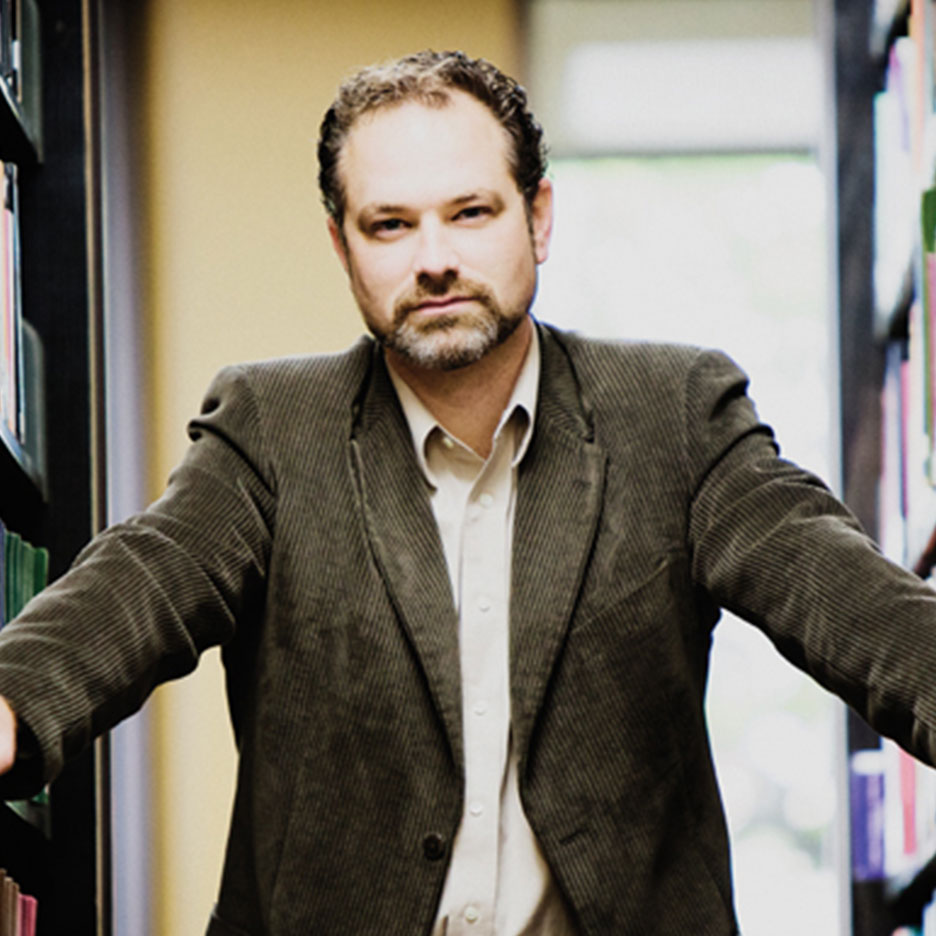
Kelly Kapic
Can I Get a Witness: Our Pain and God’s Presence
Suffering comes in different forms, but however it comes those who experience it need to have room for both lament and hope. So how do we help one another without denying or belittling the genuine pain of our sisters and brothers? In our brief time together we will consider the practice of bearing witness which allows us to be honest about genuine suffering while also creating space to see God’s presence and power in the midst of our questions, struggles, and grief.
Kelly M. Kapic is professor of theological studies at Covenant College, where he has taught since 2001. He is author of Embodied Hope: A Theological Mediation on Pain and Suffering, Sanctification: Explorations in Theology and Practice, A Little Book for New Theologians, God So Loved He Gave, and Communion with God: The Divine and the Human in John Owen’s Theology.
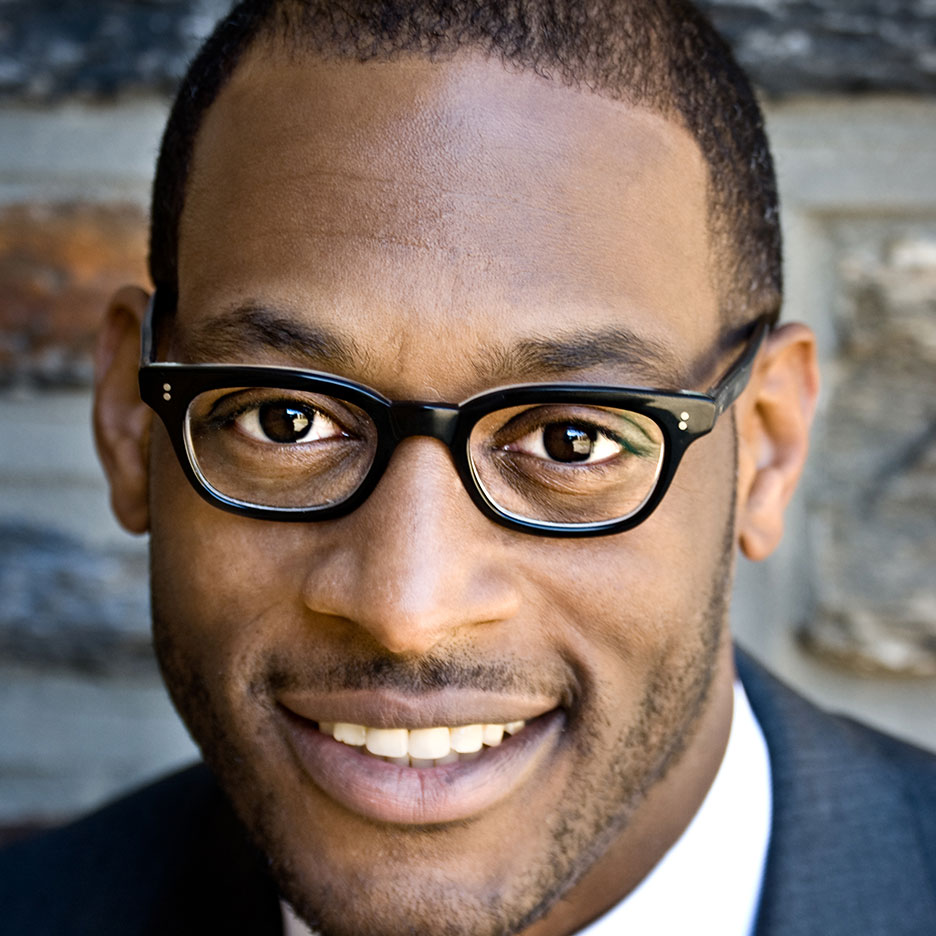
J. Kameron Carter
Post-Racial Blues (On Charlottesville, Resilience, Suffering)
Those tremors that you feel are the ongoing reverberations of social events spanning from Trayvon Martin to Sandra Bland, from Michael Brown to Philando Castile, from Ferguson and Charleston to Charlottesville, VA, indeed, from the Middle Passage to the Auction Block. Each and all the effects of white melancholy, such events are but evidence of a theological sickness that’s produced misery and suffering (even for white let alone non-white people). This misery is America’s and Christianity’s “post-racial blues.” In this talk, we are interested in this suffering and misery, in the bruising and the bruises, in being black and blue, in the bruised blues, on the one hand. But on the other, and even more so, we are interested in the bass notes that resonate through the very tremors of suffering. These bass notes of insubordination are an alternative tradition of the sacred that is marked by endurance, resilience, and faithfulness performed in and as black malpractice. Nothing less than a poetic reclamation and inhabitation of the earth, black malpractice is the north star towards an otherwise Christianity, towards maybe an otherwise America, towards the alternative—a world of the otherwise in the face of the suffering and misery that yet issues from a racialized world. A compilation of unfinished (because unfinishable) notes, I offer here a meditation on that black sacred malpractice that moves in the break and in the wake of America’s and Christianity’s post-racial blues.
J. Kameron Carter is Associate Professor of Theology, English, and African American Studies at Duke Divinity School. Working in black studies (African American and African Diaspora studies), using theological and religious studies concepts, critical theory, and increasingly poetry in doing so. Driving his work are questions pertaining to the theory and practice of blackness, indeed, of blackness as an alternate “pedagogy of the sacred” that the black church (at its best) expresses. He is author of Race: A Theological Account appeared in 2008. He has two books near completion: God’s Property: Blackness and the Problem of Sovereignty and Postracial Blues: Religion and the Twenty-First Century Color Line.
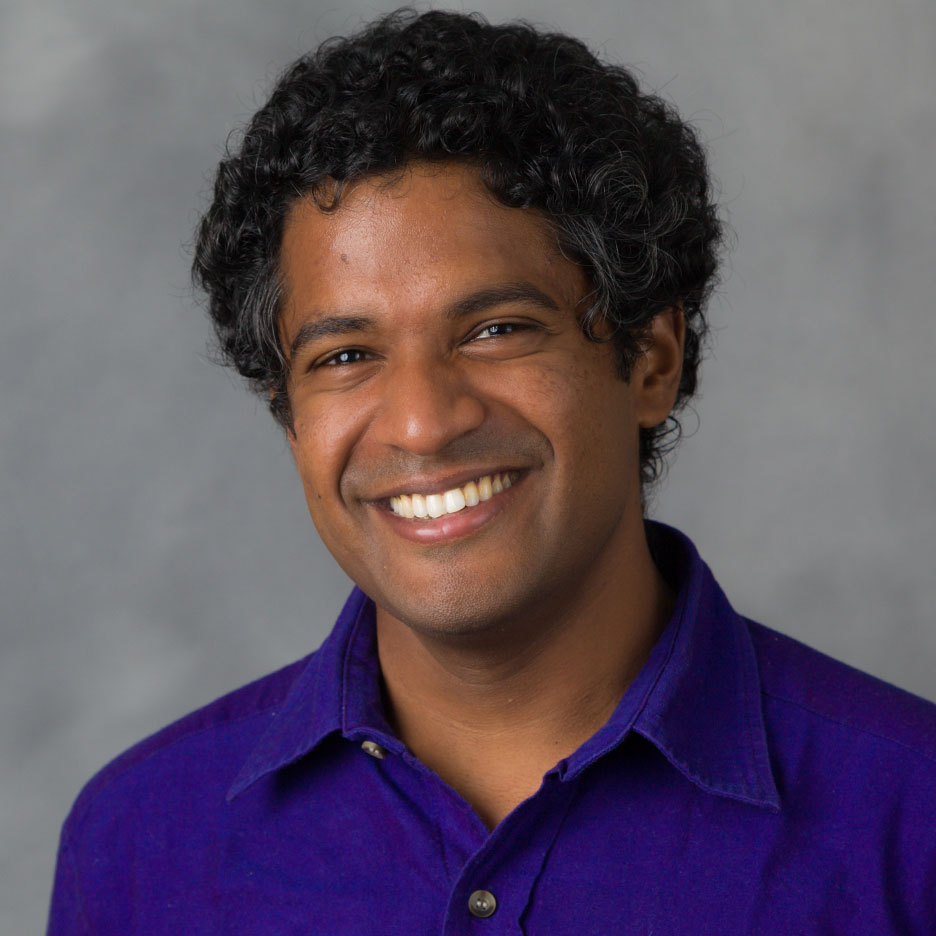
Eranda Jayawickreme
Making Sense of Suffering: The Psychology of Post-Traumatic Growth
How are we to make sense of suffering in this world? Are despair and ill-being the only outcomes we can expect following tragedy and trauma? Or can enduring significant failure and adversity change your character in truly meaningful ways? Many people’s intuition on the question suggests that perhaps yes, our character could be strengthened. This intuition was shared by St. Paul, who wrote that “suffering produces endurance, and endurance produces character, and character produces hope” (Romans 5: 3-5). Similarly, Friedrich Nietzsche’s maxim “What does not destroy me, makes me stronger” has become ubiquitous in popular culture. We also admire people who have overcome adversity in achieving laudable goals, such as Nelson Mandela, Mahatma Gandhi and Martin Luther King. What does current psychology research say about this question? Can we trust it? And what insights can we take from this work that can help us successfully address the problem of suffering?
Eranda Jayawickreme is an assistant professor of psychology at Wake Forest University. He is currently the Project Co-Leader of the Pathways to Character Project, a $3.4 million initiative funded by the John Templeton Foundation examining the possibilities for the strengthening of character following adversity, challenge or failure.
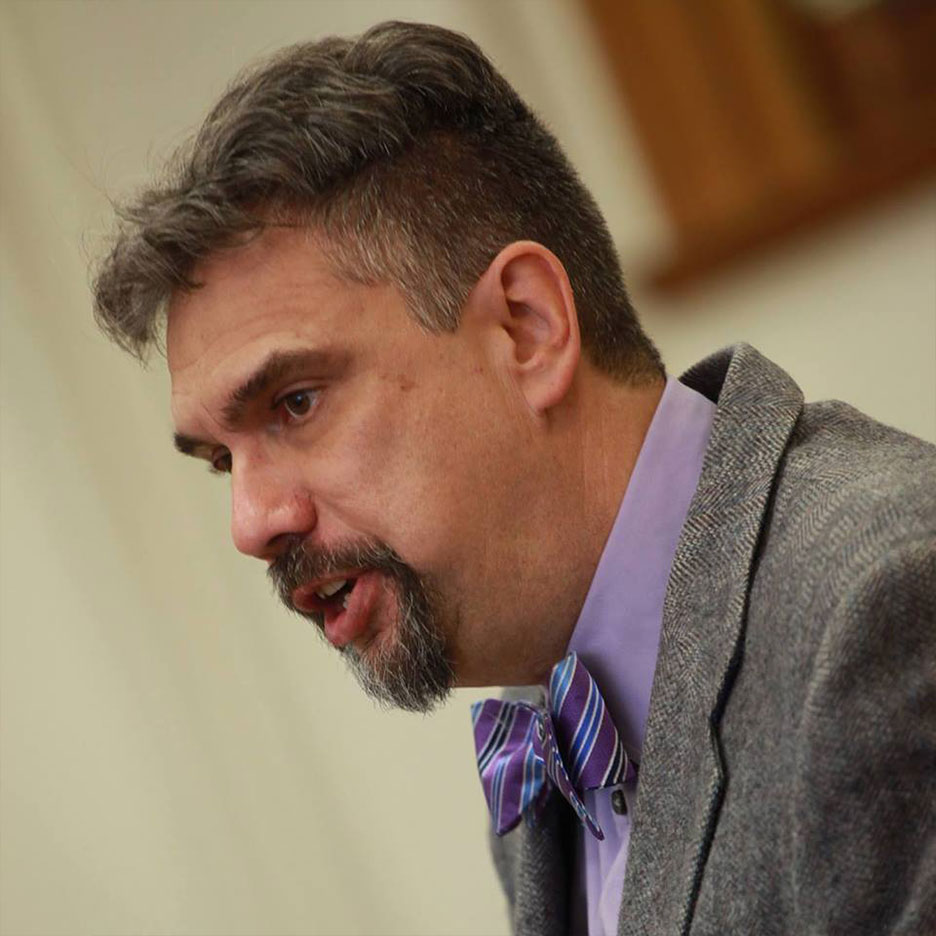
Miguel De La Torre
Struggle and Hopelessness: Responding to Oppression and Embracing Hopelessness
For marginalized communities, the struggle for justice can be hopeless. To offer illusionary hope as the means of growing stronger through the struggle all too often maintains oppressive structures. The presentation struggles with a God who at times seems mute, demanding solidarity in the midst of adversity. The presentation also attempts to explore faith-based responses to unending injustices by embracing the reality of hopelessness; rejecting the pontifications of some salvation history which move the faithful toward an eschatological promise which, when looking back at history, makes sense of all Christian-led brutalities, mayhem, and carnage. The paper concludes with a term I have coined in other books: an ethics “para joder”—an ethics that “screws with.” When all is hopeless, when neoliberalism has won, when there exists no chance of establishing justice, the only choice left for the oppressed is to “screw” with the structure, turning over the bankers’ tables at the temple. We struggle regardless of hopelessness because the struggle defines our humanity.
Miguel A. De La Torre is Professor of Social Ethics and Latinx Studies at the Iliff School of Theology. He has served as president of the Society of Christian Ethics, has authored over a hundred articles and published thirty-one books (five of which won national awards), and wrote the screenplay for the international award winning documentary Trails of Hope and Terror.
![]()
Friday Night / September 22 / 6pm-9:30pm
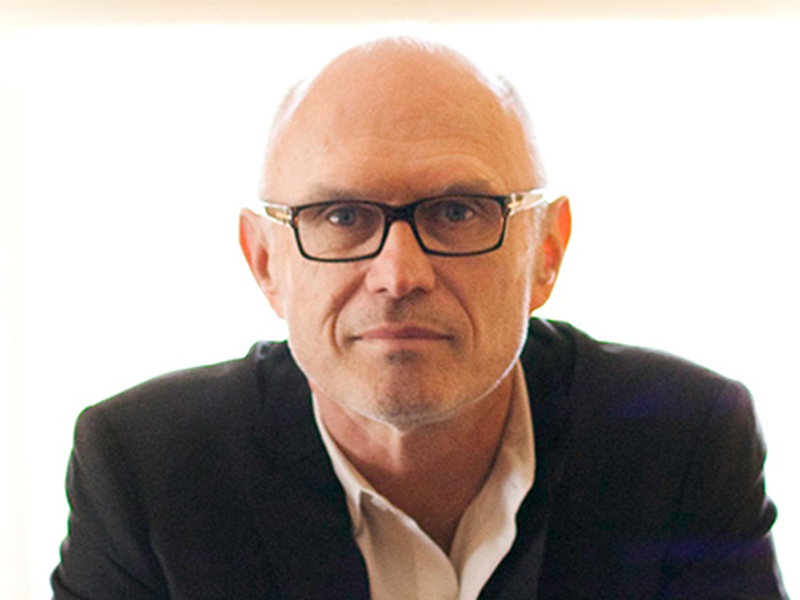
Miroslav Volf
Vanquishing Suffering: Apostle Paul and the Victory Over Suffering
Except for the unknown writer of the book of Job, no other biblical author has written more about suffering than the Apostle Paul. Theological wrestling with the problem of suffering must therefore begin with Paul, and do so by placing Paul into conversation with Job. Surprisingly, studies of Paul’s theology of suffering are rare; even rarer are attempts to relate Paul to Job. In this lecture, I hope to make a small step toward remedying the lack. I will sketch some elements of Paul’s theology of suffering and, where it proves fruitful, compare and contrast his take on suffering with that of the book of Job.
Miroslav Volf is the Henry B. Wright Professor of Systematic Theology at Yale Divinity School and the Founding Director of the Yale Center for Faith and Culture. He is author of many books, including Exclusion and Embrace, urging that if the healing word of the gospel is to be heard today, Christian theology must find ways of speaking that address the problem of hatred of the other; After Our Likeness, in which he explores the Trinitarian nature of ecclesial community; Allah: A Christian Response, on whether Muslims and Christians have a common God; and A Public Faith: On How Followers of Christ Should Serve the Common Good. His latest book, published last year, is Flourishing: Why We Need Religion in a Globalized World.
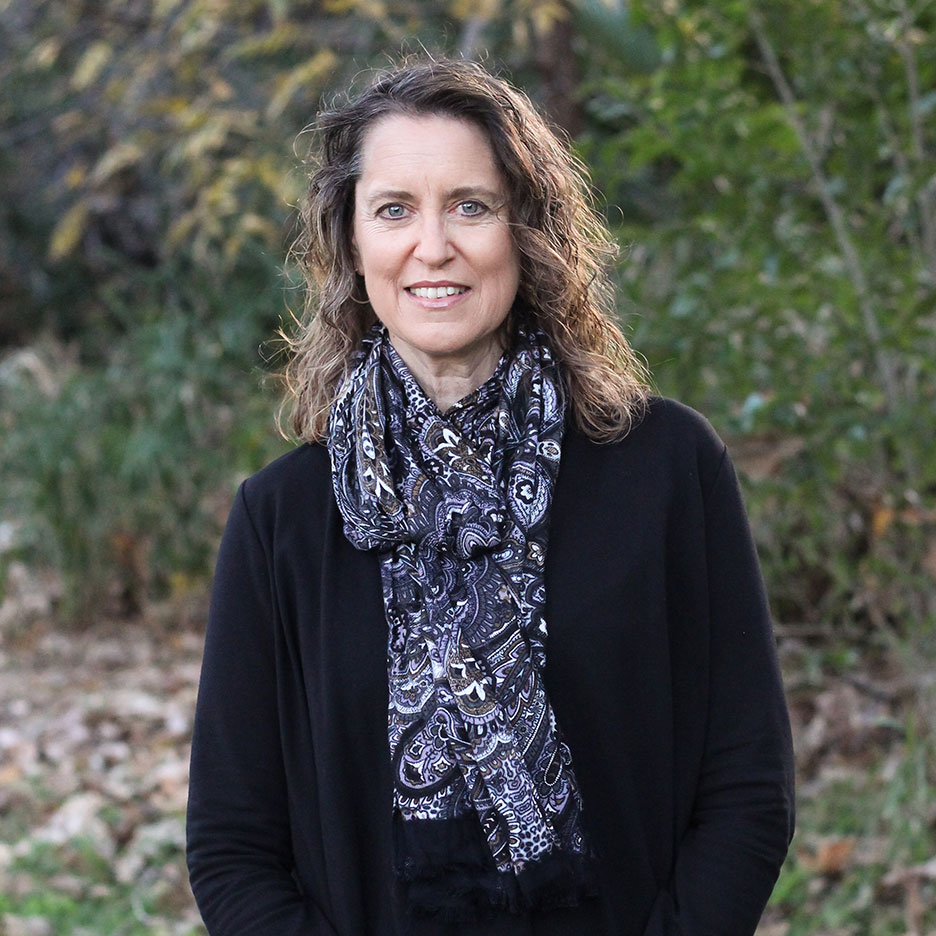
Elizabeth Hall
Suffering in God’s Presence: The Role of Lament in Transformation
Lament is an ancient Christian practice modeled for us by Jesus. Its purpose is to assist us to reconstruct meaning when suffering leaves us disoriented. Drawing on the psychological literature on stress-related growth, I show how the structure of the psalms of lament facilitates the process of growth through meaning-making. The trajectory of lament involves a psychological move from distress to praise, and from disorientation to new orientation. The outcome of lament—the meaning that is achieved—is not primarily rational or propositional, but instead is anchored in the intimate, dialogical relationship with God.
Elizabeth Lewis Hall, Ph.D. is Professor at Rosemead School of Psychology, Biola University, where she teaches clinical and integration courses. Her research focuses on meaning-making in suffering, women’s issues in the evangelical subculture, and the integration of psychology and theology. Dr. Hall is Associate Editor of Psychology of Religion and Spirituality. She was recently awarded the 2016 Narramore Award for Excellence in the Integration of Theology and Psychology bye the Christian Association for Psychological Studies.
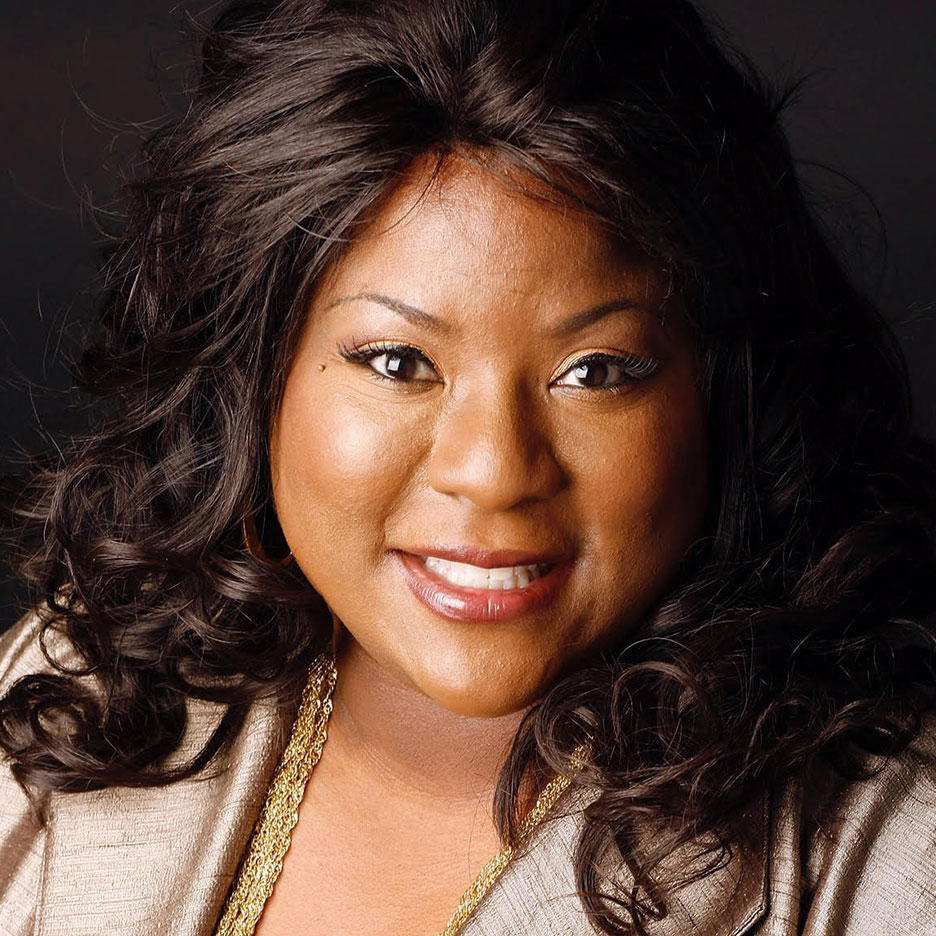
Stacey Floyd-Thomas
That We May Dare to Suffer: The Moral Muster and Theological Urgency of Human Flourishing
Suffering is the conscious laden experience of realizing that we exist in the realm of the already and the not yet. Nowhere is that clearer than in the formation of American aspirations for the good life, or what we may now call “human flourishing.” Since the time of chattel slavery, there have been two underlying principles that have maintained the moral muster and theological urgency of human flourishing while simultaneously creating the gap between the promise of our ideals and the reality of our times: white hate and black hope. This paper argues that suffering—as a theological reality and warring virtue and vice—has its moral reasoning rooted in the manifestation of hate and hope in America across racial lines. We will briefly explore the connectedness of suffering to the racialized reasoning of American Christianity (as evidenced in what Martin Luther King, Jr. called “11 o’clock on Sundays, our most segregated hour of the week”) and how we can be empowered to work to dismantle its structural roots. Ultimately, I will chart the possibilities and offer a challenge that calls the descendants of white privilege and the inheritors of Black persecution into an unknown community in a way in which sacred rhetoric or political correctness are not enough but only truly responding with our actions can we reconcile and resurrect that which has troubled our souls and compromised our lives as people of faith in America.
Stacey Floyd-Thomas is E. Rhodes and Leona B. Carpenter Associate Professor of Ethics and Society at Vanderbilt University Divinity School. She works at the intersection of ethics, feminist/womanist studies, Black Church studies, critical pedagogy, critical race theory, and postcolonial studies with an overall approach to the study of Christian social ethics that engages broad questions of moral agency, cultural memory, ethical responsibility and social justice. And she is co-author, with Juan Floyd-Thomas and Mark Toulouse, of Altars Where We Worship: The Religious Significance of American Culture.
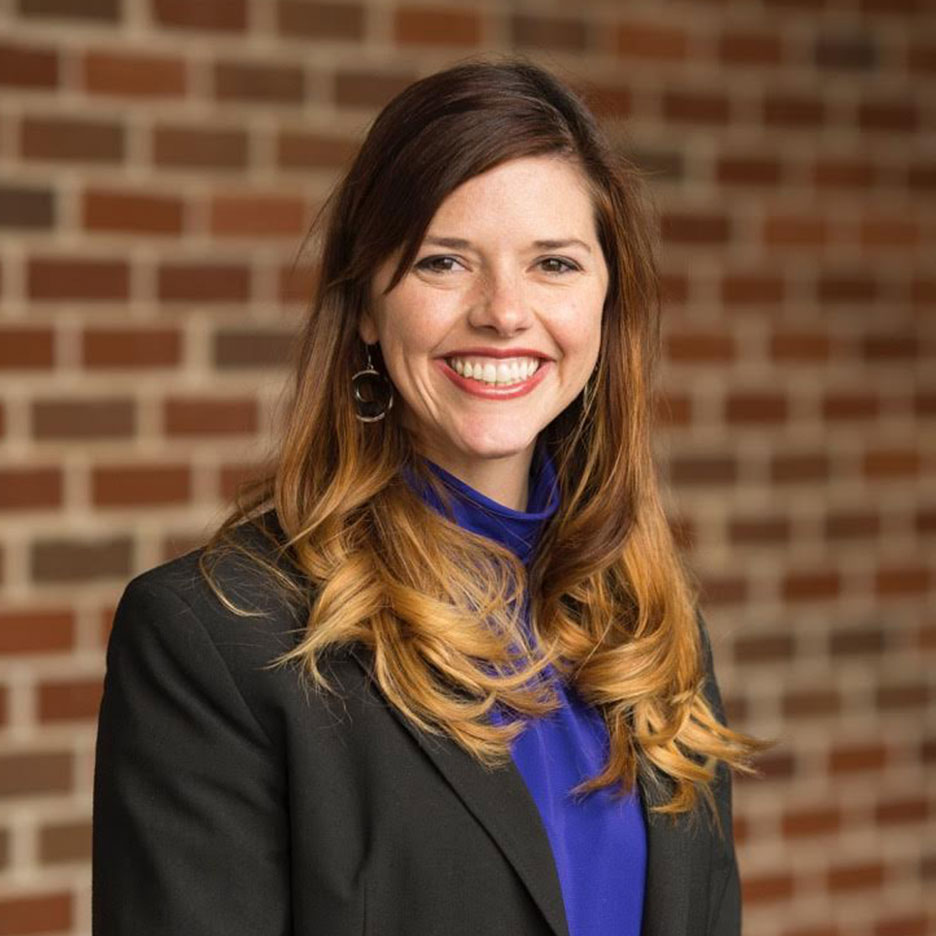
Jessica Hooten Wilson
Flannery O’Connor and the Call to Suffering
During her years as a graduate student at the Iowa Workshop, Flannery O’Connor kept a prayer journal in which she shared with God her concerns over her mediocre faith and her ambition to write. Through these prayers, scripture reading, and theological study, O’Connor began to fear that the only way to become both a saint and a great author would be a path of suffering. She prays, “It is hard to want to suffer; I presume Grace is necessary for the want.” For many Christians, the idea of wanting suffering sounds masochistic. Yet, O’Connor shows through her fiction and her own life story that suffering may be a call by Grace.
Jessica Hooten Wilson is an associate professor of literature at John Brown University and is the author of Giving the Devil his Due: Flannery O’Connor and The Brothers Karamazov, Walker Percy, Fyodor Dostoevsky, and the Search for Influence, and A Guide to Walker Percy’s Novels. Currently, she is preparing Flannery O’Connor’s unfinished novel Why Do the Heathen Rage? for publication.
Juan Floyd-Thomas
The Pain of Being Your Own Worst Enemy: Race, Religion, and the Spiritual Crisis of White Supremacy in Contemporary America
In the 1990s, a neo-Nazi skinhead named Leo Felton was involved in a failed domestic terrorist plot intended to provoke a “racial holy war.” The police investigation and subsequent arrest of Felton revealed a surprising and uniquely painful personal story that exposes the complicated and perplexing relationship of race, racism, and religion in contemporary America. In the wake of the recent tragedy in Charlottesville, VA and its terrible aftermath, Felton’s story enables us to examine how the vicious brand of white supremacy espoused by the growing coalition of neo-Nazis, white nationalists, and far right extremists known as the “alt-Right” poses a pervasive and potentially destructive spiritual crisis threatening both the church and society. By examining how the trauma and suffering produced by white supremacy ravages both white and non-white people alike, this presentation offers insights into developing the resistance and resiliency necessary to disrupt and ultimately dismantle white supremacy in our time.
Juan Floyd-Thomas is Associate Professor of African American Religious History at Vanderbilt Divinity School and Graduate Department of Religion. He is author of Origins of Black Humanism (2008) and Liberating Black Church History (2014) as well as co-author of Black Church Studies: An Introduction (2007) and Altars Where We Worship (2016).

At The Table 2017, you’ll learn:
- How are we to make sense of evil and suffering in this world?
- How can we do something with the pain and conflict in our lives?
- What is grief and lament, and how do they play a part in human psychology, emotion, and experience?
- What can we learn from history about pain and suffering?
- How does the suffering of Christ work for our good?
- How can we forgive those who cause us great pain from wrongs done?
